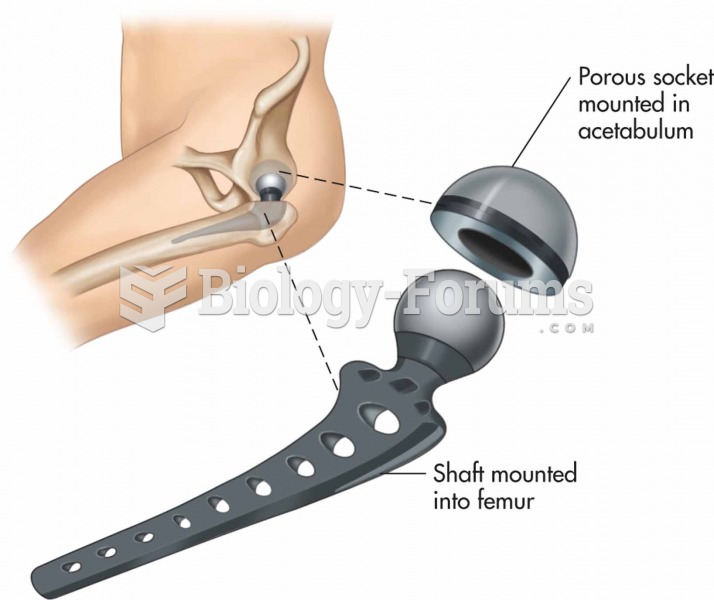|
|
|
Many of the drugs used by neuroscientists are derived from toxic plants and venomous animals (such as snakes, spiders, snails, and puffer fish).
For pediatric patients, intravenous fluids are the most commonly cited products involved in medication errors that are reported to the USP.
In most cases, kidneys can recover from almost complete loss of function, such as in acute kidney (renal) failure.
Critical care patients are twice as likely to receive the wrong medication. Of these errors, 20% are life-threatening, and 42% require additional life-sustaining treatments.
It is widely believed that giving a daily oral dose of aspirin to heart attack patients improves their chances of survival because the aspirin blocks the formation of new blood clots.
 Population predictions for 2000–2050, using three different total fertility rates (
Population predictions for 2000–2050, using three different total fertility rates (
 Does this child have legs of different lengths or scoliosis? Look at the level of the iliac crests a
Does this child have legs of different lengths or scoliosis? Look at the level of the iliac crests a





